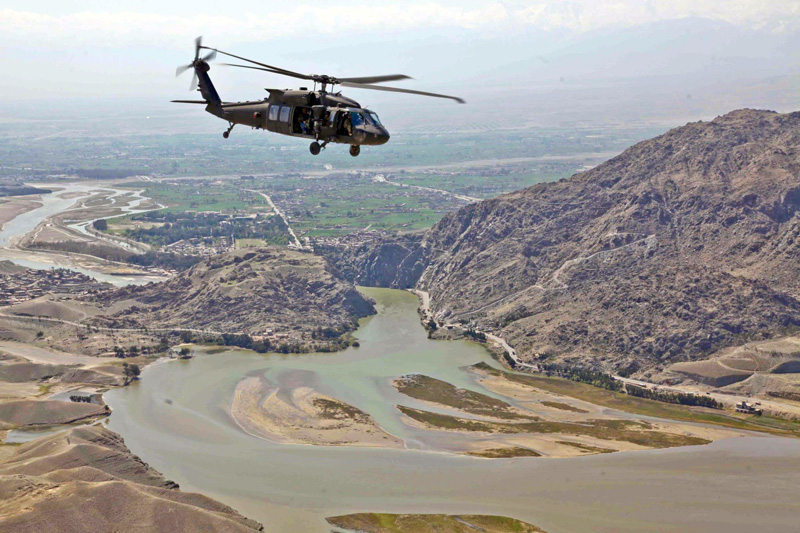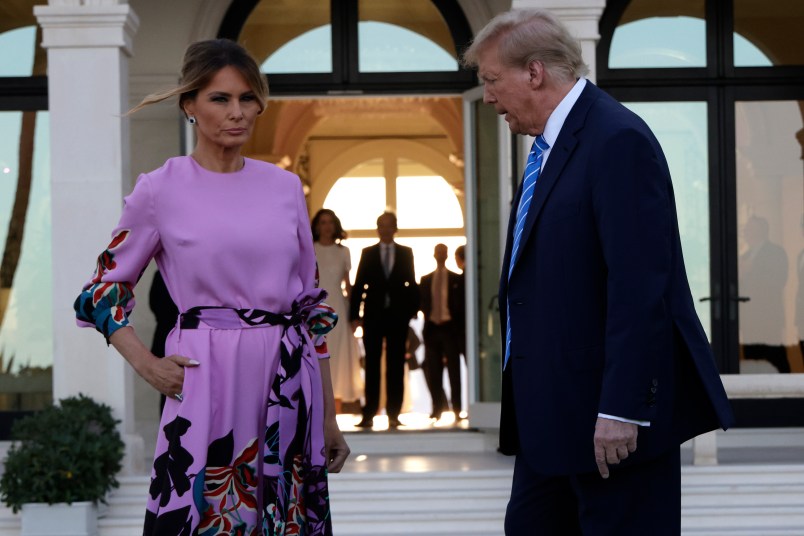EMMA GRAHAM-HARRISON | The Guardian

US team had cleared part of base considered important for Afghanistan’s security when operation was halted. Read this story on the Guardian here.
US forces tearing down unwanted bases in Afghanistan nearly destroyed the only runway in a restive eastern province, even though major supply roads are riddled with Taliban bombs.
The base was slated for destruction because of fears that the Afghan army would struggle to secure a perimeter over 20km(12 miles) long. A US policy that unwanted bases must be totally cleared doomed the runway, and with foreign troops set to leave this year, work began in early spring to return it to dirt.
Logistics teams had already dismantled nearly one-tenth of Forward Operating Base Sharana, the main US and Nato headquarters in eastern Paktika province, when local Afghan commanders and officials raised the alarm in Kabul and a delegation was hastily put together to visit the site.
Some of the larger bases in the country have to go because Nato estimates it would cost $250m (£160m) a year just to operate and maintain them all, according to Ashraf Ghani, former finance minister and now head of the national commission on “transition”, Nato’s term for the handover of security from foreign to Afghan forces.
“The issue from the [Nato coalition] side is the number of soldiers needed to protect these bases,” Ghani told the Guardian, shortly after returning from an inspection of FOB Sharana that confirmed its future as an airstrip, rather than a few more acres of farmland.
“[Lieutenant] General [Nick] Carter, deputy commander of Isaf [the Nato-led International Security Assistance Force] got an order issued that they should stop destruction. They had already destroyed 8% of the base, but fortunately they had begun from very marginal areas,” Ghani told the Guardian.
Carter said the impact of that destruction had been limited and the core of the base was not affected by the teams preparing for the departure of foreign troops.
“What they were doing was taking out those things they regarded as such temporary structures they were of no value to the Afghans,” he told the Guardian.
But US officers who planned the withdrawal from Paktika had originally decided to totally abandon Sharana, apparently ignoring its key role in opening up the isolated and restive border region to the government in Kabul and its forces.
Just a few years ago FOB Sharana was considered so important that US forces started work to put in a second runway. They had expanded the perimeter fence to its current length before abandoning the expansion plans when the US president, Barack Obama, began bringing troops home.
“Sharana is a strategic airfield; all kinds of aircraft can land, and they have good modern equipment. In the long term our government will need that equipment,” said General Mohammad Sharif Yaftali, commander of Afghanistan’s 203rd Thunder Corps, stationed in the area.
It is large enough to take all military and most civilian planes that would want to fly into an area just a few dozen kilometres from the Pakistan’s Waziristan region, a lawless Taliban stronghold. Home to around 1 million people, the province has become a favoured insurgent infiltration route as border controls in neighbouring Khost are tightened, and roads can be perilous.
On Ghani’s trip to the province, senior Afghan officials and Nato commanders travelled the few kilometres from Sharana to the provincial headquarters by helicopter rather than taking the base’s armoured military vehicles.
“The airstrip is very important in the future,” provincial governor Mohibullah Samim told Ghani at a meeting to discuss security in the province, before the tour of Sharana.
“Paktika is a gate for Kabul, once people get through Paktika its going to be hard to stop them in other areas of the country. We need air assets so we can feel confident that we have everything on board in this fight,” Samim added.
Although Afghanistan does not have a functioning air force at present, the Nato-led coalition has promised to build one up.
After Ghani’s trip, Afghanistan’s national security council ordered the ministry of defence to accept the transfer of FOB Sharana, with a promise that Nato and US forces would help scale back its perimeter and other ministries would discuss possibly shifting some of their offices into the base, freeing up security forces elsewhere.
“Once we have a fully developed plan, and aren’t being rushed to destroy it, we could recycle some of the things towards schools, health facilities and development of the market, because a lot of these things are multipurpose,” Ghani said.
He is also optimistic that a more rational use of Afghanistan’s tens of thousands of soldiers will free them up to keep on more of Nato’s well built bases over the coming year.
“The ministry of defence was just able to release 7,000 people by reallocating functions. If you look at the 170,000 soldiers and officers, at least half of them are in support duty, and this means considerable rationalisation needs to take place,” he said.
guardian.co.uk © 2013 Guardian News and Media Limited or its affiliated companies. All rights reserved. | Use of this content is subject to our Terms & Conditions | More Feeds
The Guardian is an independent, global news organisation that invests in original journalism and in-depth analysis. For more from the Guardian, visit http://www.guardiannews.com. © 2011 Guardian News And Media Limited.










